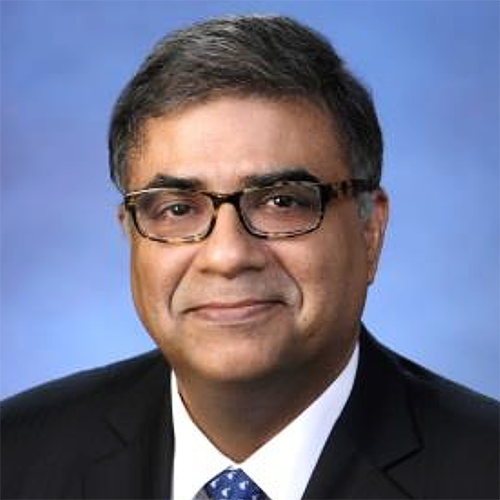An increasing number of financial advisers are leaning towards passive investment products, avoiding the revenue-sharing payments that asset managers have depended on for so long.
As such, asset managers must make available separately managed accounts (SMAs), exchange-traded funds (ETFs), environmental, social, and governance (ESG)-oriented products, and other portfolio elements that appeal to advisers’ needs for flexibility and products emphasizing lower cost and sustainability, Cerulli Associates says in its latest US asset and wealth management report.
Across all channels, approximately one-quarter of all advisers create custom portfolios for each client and nearly two-thirds of all advisers report that their primary portfolio construction influence comes from within their own practice.
However, as advisers confront margin pressures and scale, they are becoming increasingly conscious of the price they pay for access to investment strategies. Asset managers, therefore, need to respond with product and pricing to penetrate the market, the research and consulting firm says.
“Cost plays a significant role in advisers’ investment decisions, placing greater pressure on managers to ensure active strategies are priced appropriately to compete with passive options,” says Cerulli associate director Matt Belnap.
While mutual funds remain the most widely used product vehicle for advisers, asset flows will experience a steady long-term decline as ETF allocations continue to ramp up. “The industry is evolving. Advisers across all channels are shifting their investment allocations away from mutual funds and their associated revenue-sharing payments and toward ETFs,” Belnap notes.
Research also projects growing demand for SMAs. “SMAs offer advisers flexibility as the product allows them the benefit of customization while outsourcing trading to an asset manager or overlay manager,” says Belnap. “Asset managers, particularly those targeting high-net-worth (HNW) investors, should develop strategies that will be available in the SMA wrapper as clients downmarket will display an appetite for the product structure.”
Advisers focusing on HNW, women, and younger clients often provide the greatest opportunity for ESG product adoption, as these client demographics typically have been higher adopters.
“Looking forward, managers should consider a vehicle-agnostic approach to asset gathering in the retail channel, considering changing demographics and evolving demand for customization,” Belnap says.









